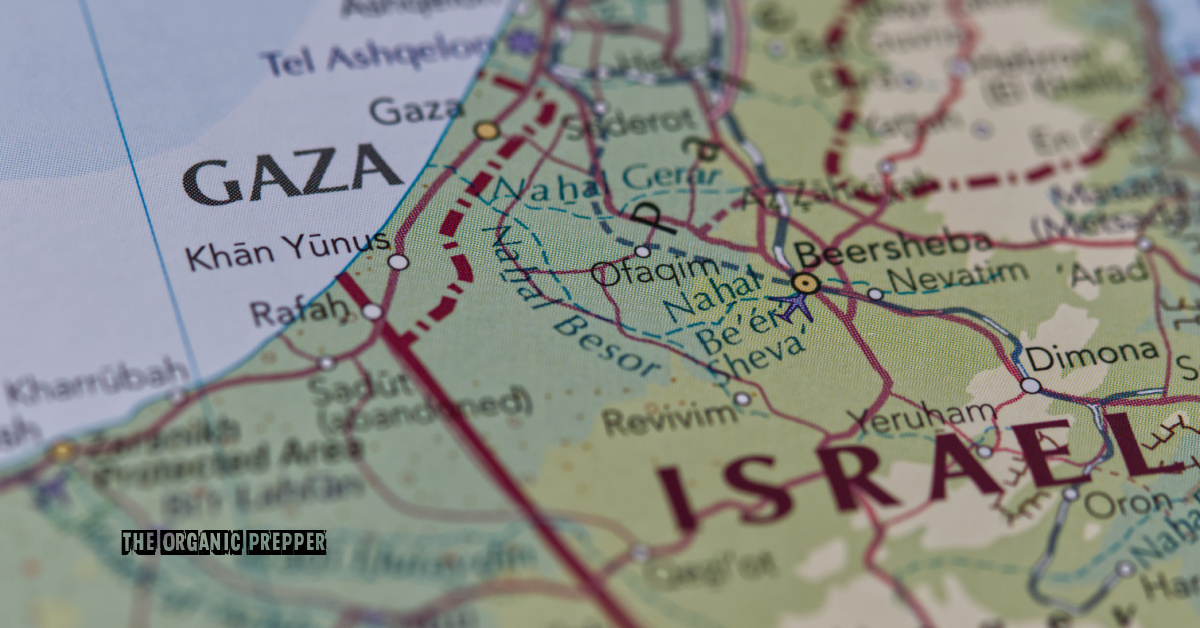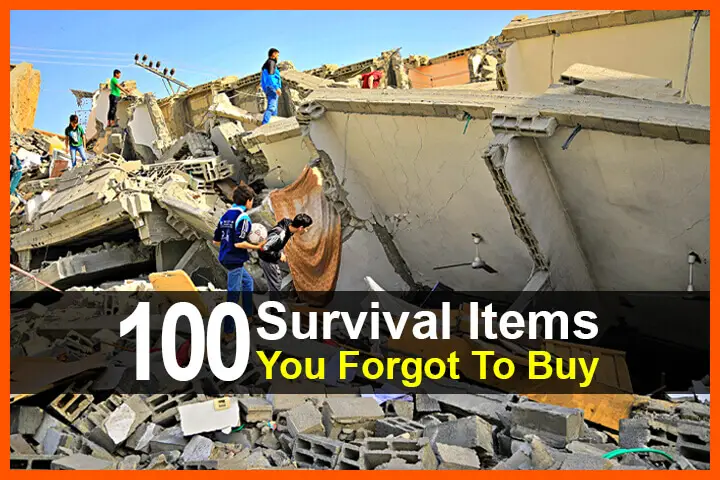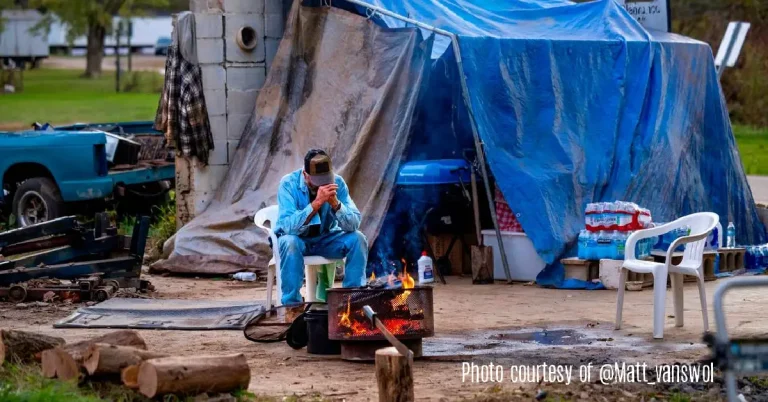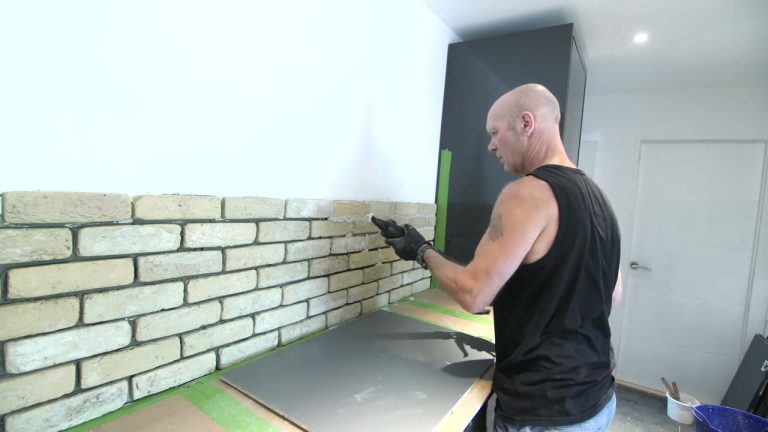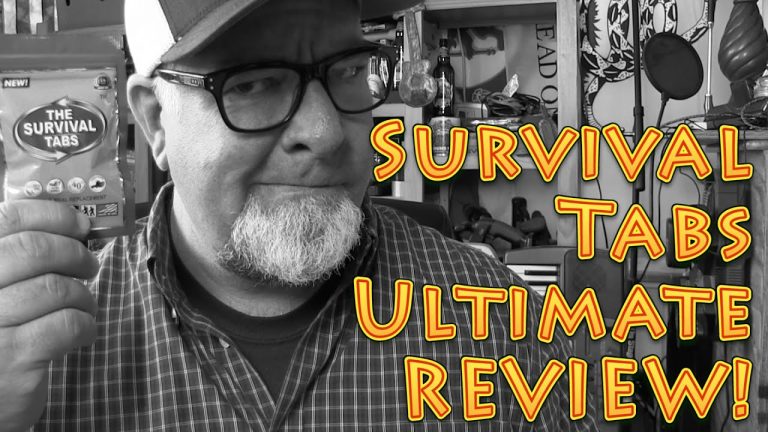Politicians around the world are pounding war drums in the wake of the grotesque attacks upon Israel on October 7. But the first casualty in war is truth, as they say, and maybe a better understanding of the different groups in that region, such as Hamas, Hezbollah, and the PLO, will help us understand what is going on and what may happen next.
Post 9/11, there has been a tendency within the U.S. to lump various anti-Western groups together as “Islamic terrorists,” but the reality is a bit more complicated. Let’s look at some of these groups in more detail, to determine who has been doing what in the region.
Some background on Palestine and Gaza
Palestinian Arabs have occupied the area now known as Israel from the time the Romans kicked out the Jews nearly 2,000 years ago. Only very small Jewish communities survived until the 1880s when European Jews began emigrating to Palestine. Jewish numbers increased in the area slowly at first but then more sharply after World War I.
Palestine had been ruled by the Ottoman Empire for hundreds of years. However, when the Ottoman Empire collapsed after World War I, Britain took control of the area. In 1917, Britain issued its Balfour Declaration, encouraging the creation of a Jewish state. Many Jewish populations within Europe were fleeing the devastation wrought by World War I, and Britain thought that Palestine might be a good place to resettle them. Additionally, with the passage of more restrictive immigration laws in the U.S. in the 1920s, Jews simply found it easier to settle in Palestine.
Naturally, tensions arose. Many fights broke out between Jewish settlers, Palestinian Arabs, and the British government between the two World Wars. However, after World War II, Britain could no longer afford to manage its overseas empire, and the United Nations agreed to divide Palestine between Jewish and Arab groups.
In 1948, one day after the announcement of a new Jewish state, the surrounding Arab nations of Egypt, Syria, Lebanon, Jordan, and Iraq attacked Israel. At the end of a year-long war, the Israelis won. With the passage of the Israeli Land Acquisition Law in 1953, most of the land within Palestine was formally transferred from its former Palestinian owners to the new Israeli government.
But tensions never really ceased. War broke out again in 1967 between Israel, Egypt, Syria, and Jordan. After this war, Israel won control of both Gaza and the West Bank, leaving the now-landless Palestinians living under the control of the Israeli government.
On top of many other issues, the Palestinians have a very high birthrate, which has made the Gaza Strip bordering Egypt one of the most densely-populated places on earth. Poor, crowded areas, full of largely unemployed young people, are ripe grounds for terrorist groups to recruit. And this is exactly what’s happened in Palestine.
The PLO
The Palestinian Liberation Organization (PLO) was founded in 1964 in Cairo, when leaders of 13 Arabic countries pledged to take action to liberate Palestine from Israeli rule. The PLO acts as an umbrella group for six different Palestinian groups, the most prominent of which has been Fatah, to which Yasser Arafat belonged.
While the PLO denied Israel’s right to exist for decades and conducted terrorist activities that ultimately killed thousands of Israelis, in 1993, Arafat entered into an agreement with Israeli Prime Minister Yitzhak Rabin in the Oslo Accords. Arafat renounced terrorism and recognized Israel’s right to exist, and Rabin agreed to recognize the PLO as the official representative organization of the Palestinians.
But fighting continued nonetheless. As the PLO claimed to back away from violence, other, more militant groups like Hamas have stepped in. And, in the 2000 Camp David Accords mediated by Bill Clinton, Arafat sabotaged another round of peace negotiations with the Israelis by making absolutely impossible territorial demands. Over time, the PLO has shown itself to be more concerned with retaining its political power than truly improving the lives of Palestinians.
It is worth noting that the PLO has never been Islamic. The PLO is secular and nationalist. They are also notoriously corrupt, and this has led to disillusionment among those Palestinians and more devout Muslims who see Israel’s existence as a moral stain on the world. This disillusionment has driven the growth of more radical groups like Hamas.
Hamas
Hamas, the group that orchestrated the Oct. 7 attacks, was founded in the late 1980s, partially in response to the seeming ineffectiveness of the PLO. Hamas is an explicitly Islamic organization. And if you want to gain an inside of the way Hamas has operated historically, I strongly recommend Mosab Hassan Yousef’s autobiography, Son of Hamas.
Mosab Yousef is the son of a founding member of Hamas, Sheikh Hassan Yousef. Groomed to take his father’s place, Mosab instead defected to work with the Israelis and eventually converted to Christianity. His book describes his early childhood in the poverty of Palestine under heavy-handed Israeli occupation. His book begins by describing Hamas as Mosab saw it in his youth, a charitable organization, as some American defenders have also referred to it. Mosab’s book tells his story of how he became disillusioned with Hamas, how its members routinely engaged in violence and torture not only toward Israelis but also toward Palestinians and even among other members of Hamas.
For those of us with internet connections and the ability to look at Hamas’ charter for ourselves, none of this should be surprising. The organization is not about peaceful solutions or improving the lives of Palestinians. It’s about violently purging the state of Israel from the world. That’s it. Everything else about Hamas as a group is incidental.
Hamas has a history of launching missiles from schools and hospitals. Since they won political control of Palestine in 2006, they have launched attacks provoking Israel that have ultimately gotten Palestinians killed, simply because they know that Israel will draw rebukes from the international community if they retaliate. Quality of life for Palestinians has decreased so much under Hamas’ rule that the Palestinians themselves have protested against them multiple times over the years.
Now, Hamas is not alone in attacking Israel. When they launched their attack on October 7, they launched them from Gaza, located on the southern border of Israel proper. But now Hezbollah, another Islamic group, has been launching small attacks from the north.
Hezbollah
Hezbollah emerged from the Lebanese Civil War in the late 1970s. They are a Shiite Muslim group, also dedicated to the eradication of Israel. Even though Hezbollah is still technically just a militia, the Center for Strategic and International Studies called it “the world’s most heavily armed non-state actor.” The Iranian government provides the overwhelming majority of funding for Hezbollah, though Hezbollah has always insisted that they are in favor of Lebanese independence.
Because Hezbollah is so much more sophisticated than Hamas, the Israeli government has been stationing troops at the Lebanese border in case a major attack comes from the north.
Who was responsible for the October 7th attack on Israel?
A Wall Street Journal report shortly after the Oct. 7 attacks linked Iran to the assault from Gaza. However, Hamas commander Ali Barakeh later gave a press conference saying that Hamas had acted on its own and that they didn’t expect the attack to be as successful as it was. They expected more pushback from the Israelis.
Similarly, Iranian supreme leader Ayatollah Ali Khamenei announced that, though he supports the attacks, he was not behind them While the Iranian government has sponsored hate, vitriol, and countless attacks on Jews both in Israel and abroad, their involvement in this attack is, as of right now, unclear.
And as if this all isn’t hard enough, Israel itself is becoming increasingly unstable. The small country has been rocked by protests over the past few years over lockdowns and corruption, as well as, more recently, attempted judicial reforms by President Netanyahu.
There are no quick fixes here.
Diplomatic solutions are impossible when one side denies the other side’s right to exist. At the same time, Israel’s internal problems are making it difficult for it to defend itself.
Establishment figures are itching to go to war. They are pulling on our collective heartstrings, and given the footage of what happened to those Israelis, it’s not hard. No woman asks to be raped. No babies ask to be slaughtered. With the recent hospital explosion in Gaza, the Palestinian side now has horrific images to rally around, too.
At the same time, jumping into another war as fighting continues in Ukraine, as tensions rise with China, as our own weapons stockpiles are already depleted requires calm and foresight. Not emotional fits.
This article is only the briefest of overviews. People study Middle Eastern history for years and years, only to come away with the thought that we all need to get our spiritual houses in order.
How to navigate the information about this situation
I merely encourage you first to recognize any media figures attempting to play on your emotions. Look for facts. Look for patterns of behavior.
Second, if you are ready to go out and start protesting, think really hard about what you’re supporting. Personally, I am more inclined to support the Jews for a variety of reasons. But Netanyahu’s Covid response was horrible and there’s also a history of abuse toward Palestinian people.
Likewise, for the American left-wingers supporting Palestine, they might want to know that Islam does not support LGBTQ+ rights. In fact, any sex outside marriage is punishable by death in many Islamic countries, particularly Iran. Just FYI.
This is a depressing topic, and one I personally have avoided thinking about. I was in college on September 11. Muslim and Jewish groups got into shouting matches and occasionally fistfights on campus for years afterward. I always just tried to avoid getting sucked into the fights. But that’s increasingly impossible.
If you want to listen to one person on this subject I recommend Gad Saad. He’s a non-practicing Jew who fled the Lebanese Civil War. He can talk about his own family’s experiences with surprisingly little bitterness toward the Palestinians. He points out that Muslims control 99.5% of Arab land; nonetheless, they refuse to help out the Palestinians so that Jews can have their 0.5%. I think this sums up the situation nicely.
And if you want to read one book, I can’t recommend Son of Hamas strongly enough. It’s very informative and easy to read. It’s also hopeful. Mosab Hassan Yousef grew up steeped in violence and hatred, and yet he turned away from it. His story needs to be heard now more than ever.
Additional sources for this article:
- Tragedy and Hope by Carroll Quigley
- Global Islamic Politics by Mir Zohair Husain
About Marie Hawthorne
A lover of novels and cultivator of superb apple pie recipes, Marie spends her free time writing about the world around her.
The post Hamas? Hezbollah? The PLO? Who’s Who in the Conflict with Israel appeared first on The Organic Prepper.







